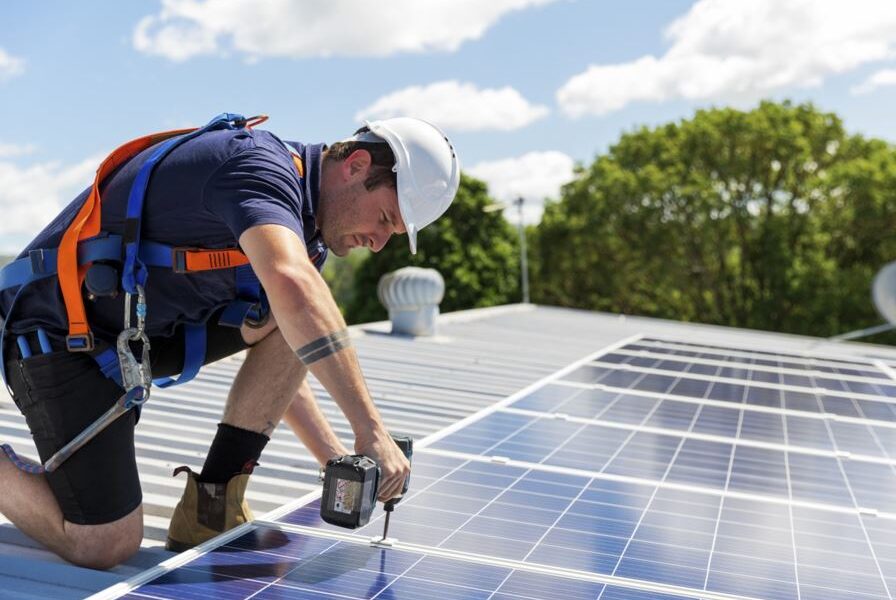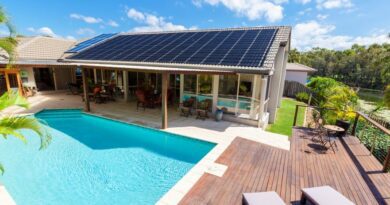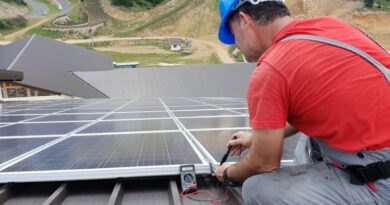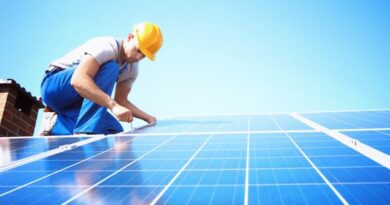Going Solar: What’s to Know About Residential Solar Energy
Considering residential solar energy? There are many perks to going solar, but it can also be a daunting change for homeowners and it is vital that you have all of the information to make the right decision. Solar energy is rising in popularity and for good reason, so read on for the key information that you need to know if you are thinking about going solar but need more insight.
Reduce Your Environmental Impact
Residential solar systems are one of the best ways to reduce your environmental impact. Instead of getting energy from the grid which uses natural resources, solar panels harness the power of the sun to create your own sustainable energy to power your home. In a time where many are becoming eco-conscious, solar energy will help you to drastically reduce your impact.
Slash Your Energy Bill
Creating your own electricity also allows you to slash your energy bill. Solar panels may be able to create enough electricity to power your entire home, which allows you to make enormous savings each month. Additionally, keep in mind that energy prices continue to rise, so residential solar power is a smart way to protect yourself from rising energy costs.
Net Metering
Another important factor to consider is net metering. If your solar panels generate more electricity than you need for your home, some states will allow you to sell this back to the grid in return for solar credit. This means that you can even make money from residential solar power in a new solar area.
The Cost of Installation
The cost of installation is what deters many homeowners from solar panels. This can certainly be expensive, but keep in mind that there are usually finance deals that can make the cost easier to manage. On top of this, you can benefit from the federal solar tax credit that provides a 26% tax credit on the cost of installation. There may also be other incentives depending on your location.
The Payback Period
The payback period where your energy savings cover the cost of installation is the key calculation that you need to consider. This depends on the total cost of installation, how high your energy bills are and how much electricity you are able to generate. On average, it takes around 8 years to break even.
Solar panels usually last around 30 years, so this allows you to produce clean, free energy for roughly 20+ years. When you consider the rising energy costs, it is clear that this is a smart financial investment to make.
Add Value to Your Home
Additionally, homeowners should be aware of the value that solar panels can add. With the world becoming greener and the financial perks, solar panels are a major real estate trend in 2021. It is said that solar panels can add around $15,000 to property value, which is another reason why they are a smart investment.
Reap the Rewards of Residential Solar Energy
This post should give you the information needed to make a decision on residential solar energy. While the cost of installation can be high, you will find the environmental and financial benefits make it a worthwhile investment that could change your life. Enjoy this post? Check out our other home improvement articles today




